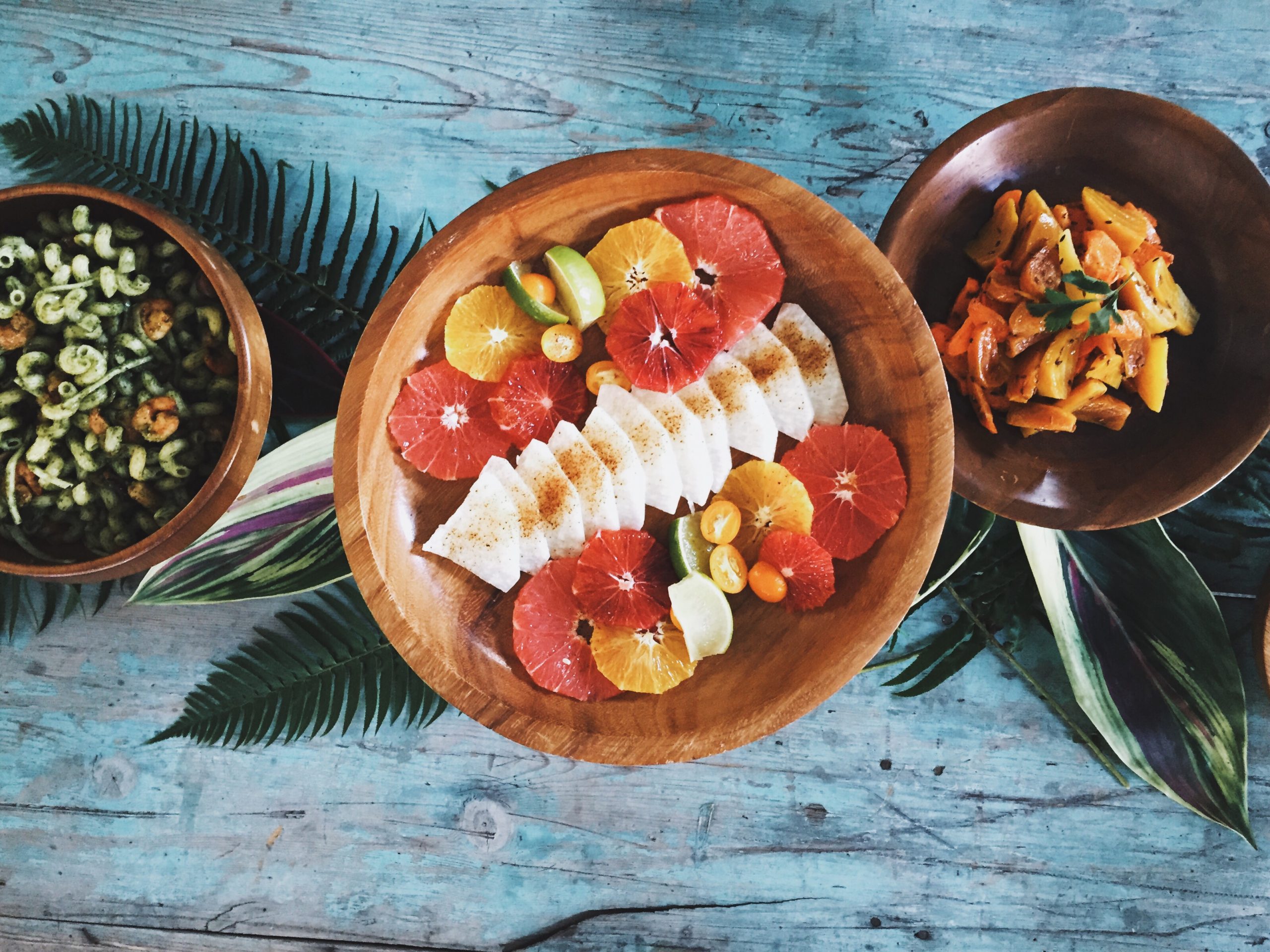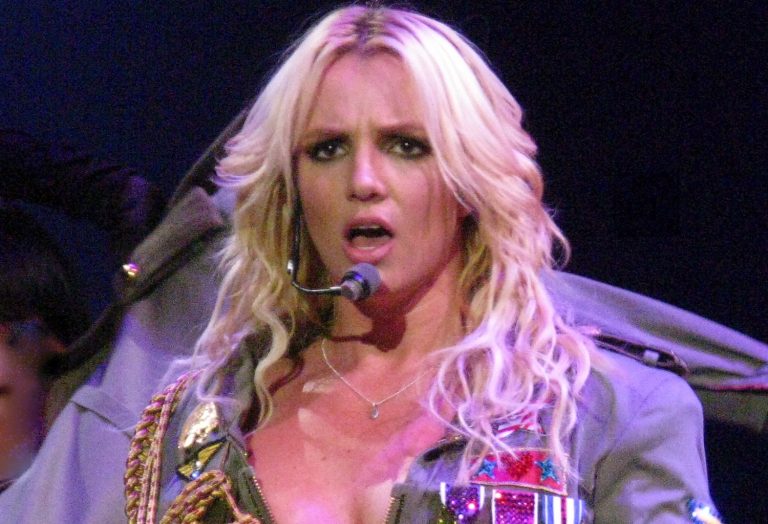Little Known Facts About Food for the Olympic Athletes
July 29, 2016
The Olympics are set to start on August 5th and the athletes have moved into their housing in the Olympic Village. They are becoming acclimated to the weather, timing, and food in the location where they will spend most of the next couple weeks.
So how does the food situation work for such a massive event? Inside the Olympic Village is the cafeteria. It’s a tent larger than the size of two football fields combined. In addition there is a kitchen the size of one football field. The chefs are prepared to cook a maximum 60,000 meals a day at the peak of the events. They will also be cooking the food for the Para Olympics that are being held at the same time. In order to cook this many meals, there will be more than 460,000 raw ingredients brought in each day.
It is not just the cafeteria where food will be served. Food is transported to the many venues, as well as to centers for the volunteers and guests. Even though tens of thousands of sandwiches will be eaten, athletes are not required to eat the food served by the Olympic chefs. However, they are not allowed to take their own food into the cafeteria.
This year Rio has opted to serve the food buffet style. Athletes, coaches and staff will be able to eat as much as they want from five different buffets that will hold Brazilian, Asian, International, Pasta and Pizza, and Halal and Kosher food. The food for the Muslims and Jewish will adhere to their specific dietary laws. Kimchi will be sent over daily for the Koreans.
Rio is taking the food and beverage service serious. “We want to make sure when there is a medal or a record, part of that record also goes to our food team,” said Marcello Cordeiro, Rio’s director of food and beverages, in an interview with The Associated Press.
Cordeiro is very concerned about making sure that none of the food brought in contains any steroid that may cause athlete to test positive. “To assure that our ingredients are free of steroids and other kinds of chemicals, we are making sure our suppliers have all the certificates that are demanded by our national food and drug agency,” Cordeiro said. “People don’t know how complex it is to put out safe food. We know that this is a very sensitive subject that could influence a result or an athlete’s medal.”
Most of the food is coming from Brazil except for some spices and the kimchi. Not his favorite part of overseeing the food served, but necessary to prepare the final menus, Cordeiro does about 20 taste tests. These last all day and require mostly just taking small bites.
Here is hoping to lots of USA gold medals. USA! USA!






